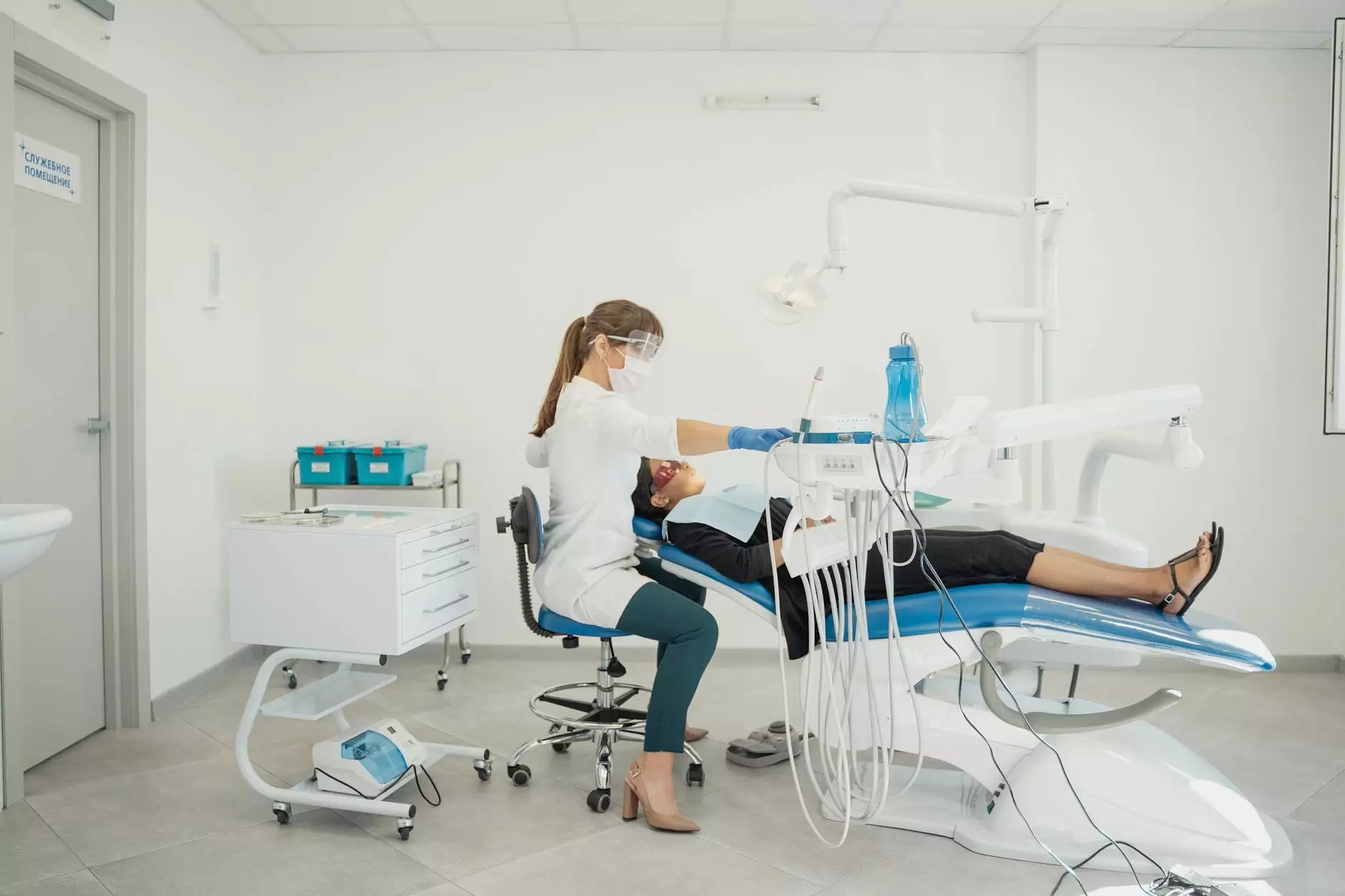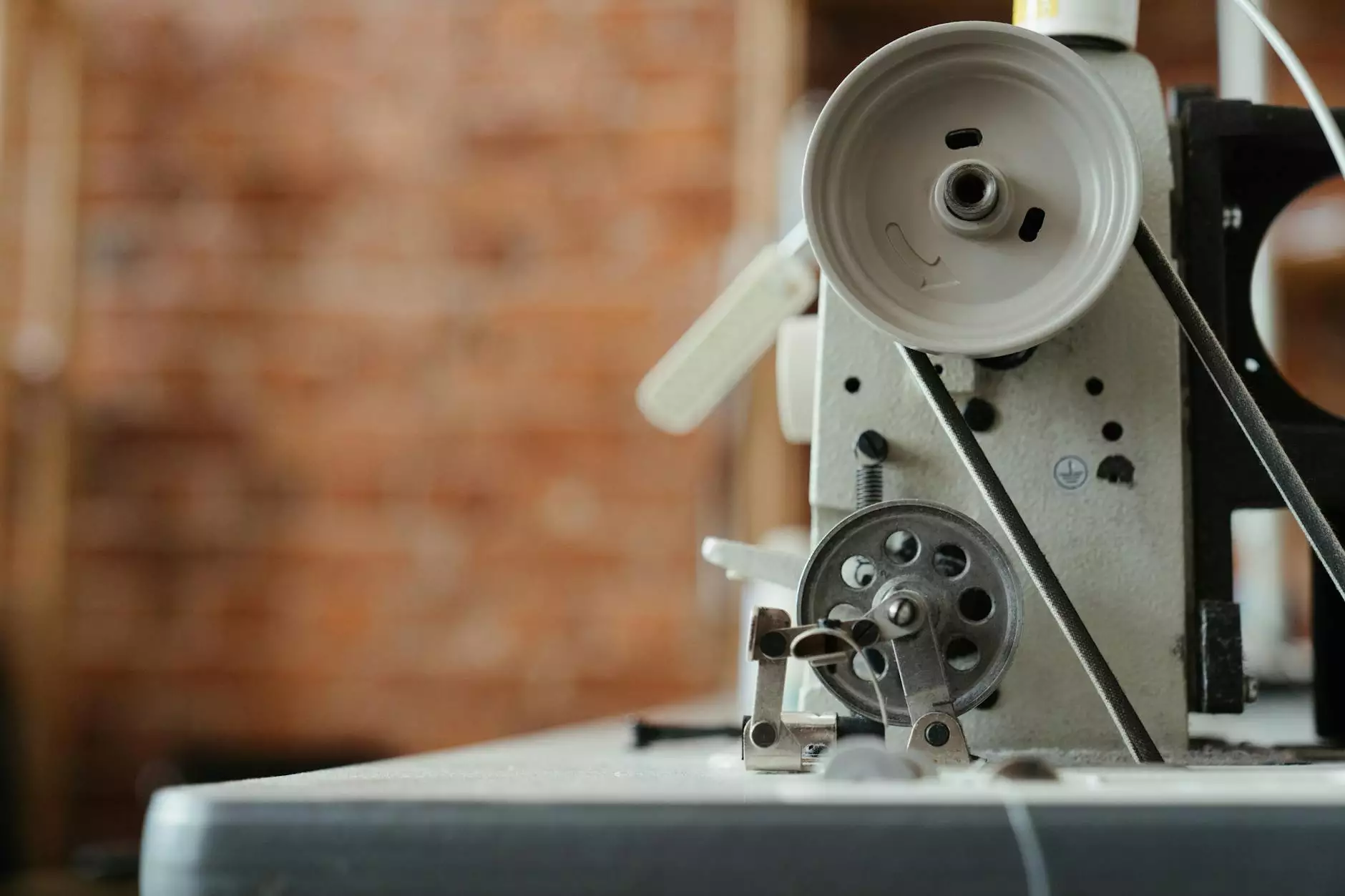Understanding Post Operative Physiotherapy

Post operative physiotherapy plays a pivotal role in the recovery journey after surgery. Whether the surgery is minor or major, the healing process requires careful management to ensure optimal recovery outcomes. In this comprehensive guide, we will delve into the various aspects of post operative physiotherapy, its importance, techniques employed, and the benefits it provides to patients.
The Importance of Post Operative Physiotherapy
After surgery, the body undergoes a significant amount of stress and trauma. As a result, physiotherapy becomes essential in:
- Promoting healing: Physiotherapists help in enhancing blood flow to the affected area, which is crucial for healing.
- Reducing pain: Specific exercises and therapies can alleviate pain and discomfort that often accompany post-operative recovery.
- Restoring function: It assists in regaining strength, flexibility, and mobility in the affected areas.
- Preventing complications: Preventing complications such as stiffness, swelling, and other related issues is crucial in the recovery phase.
- Enhancing quality of life: Overall, effective post-operative care leads to a speedier and more complete return to daily activities.
What to Expect from Post Operative Physiotherapy
Every patient's post-operative physiotherapy plan will vary depending on factors such as the type of surgery performed, the patient's overall health, and any pre-existing conditions. However, a typical post operative physiotherapy program may involve:
Assessment and Evaluation
At the initial session, a physiotherapist will conduct a thorough assessment of the patient's condition to create a personalized rehabilitation plan. This involves:
- Mobility assessment: Evaluating how well the patient can move the affected area.
- Pain assessment: Understanding the pain levels experienced by the patient.
- Functional assessment: Assessing the impact of the surgical procedure on daily activities.
Personalized Exercise Regimen
Following the assessment, the physiotherapist will develop a custom exercise plan designed to:
- Improve range of motion: Gentle stretches and flexibility exercises.
- Strengthen muscles: Resistance exercises to build strength gradually.
- Enhance stability and balance: Techniques to improve core stability.
Manual Therapy Techniques
Physiotherapists may also employ manual therapy techniques to assist in healing. These methods might include:
- Mobilization: Gentle movements to improve mobility.
- Massage therapy: To reduce muscle tension and pain.
- Joint manipulations: To restore normal joint function.
Education and Self-Management Strategies
A key component of post operative physiotherapy is educating patients about their recovery. This includes:
- Understanding pain management: Techniques for managing and reducing pain effectively.
- Activity modifications: Recommendations on how to modify daily activities during recovery.
- Long-term strategies: Guidance on maintaining physical health beyond the post-operative phase.
Benefits of Post Operative Physiotherapy
Engaging in a well-structured post operative physiotherapy program offers numerous advantages that can significantly impact recovery outcomes:
Accelerated Recovery
With the right exercises and therapy techniques, patients often experience a faster recovery, allowing them to resume daily activities sooner.
Reduction in Post-Surgical Complications
Physiotherapy helps minimize risks associated with surgery, including muscle weakness, pain, or stiffness, thus enhancing overall recovery.
Enhanced Physical Function
Patients develop better physical function, enabling a return to work, sports, and other activities they enjoy, which enhances their overall well-being.
Pain Management
Physiotherapists use various modalities to adequately manage pain, leading to less reliance on medications, which can have adverse effects.
Increased Independence and Confidence
Through education and support, patients gain knowledge on how to manage their recovery, which fosters a sense of independence and confidence in their ability to heal.
Case Studies: Successful Outcomes of Post Operative Physiotherapy
We have witnessed remarkable outcomes among patients at HelloPhysio who engaged in post operative physiotherapy following various types of surgery:
Case Study 1: Knee Surgery
A 55-year-old woman underwent total knee arthroplasty. Through a tailored post operative physiotherapy program involving specific exercises and manual therapy, she regained full range of motion within three months and returned to her beloved activities, including hiking.
Case Study 2: Hip Replacement
A 62-year-old man scheduled for hip replacement surgery experienced improved mobility and decreased pain due to consistent physiotherapy sessions focusing on strengthening, gait training, and balance improvements. He was able to walk unassisted and participated in community events within six weeks.
Case Study 3: Shoulder Surgery
A 40-year-old athlete recovering from shoulder surgery benefitted greatly from a sport-specific rehabilitation program that addressed strength, flexibility, and functional drills, allowing him to return to competitive sports in record time.
Choosing the Right Physiotherapy Provider
When seeking physiotherapy services following surgery, it's crucial to choose a provider with expertise in post operative physiotherapy. Here are key factors to consider:
- Experience and qualifications: Ensure the physiotherapist is certified and specializes in post-operative rehabilitation.
- Patient reviews: Look for testimonials from previous patients to gauge satisfaction and outcomes.
- Customized care plans: Choose a provider that tailors rehabilitation plans to individual patient needs.
- Facility and equipment: Modern facilities with the right equipment can enhance the rehabilitation experience.
Conclusion
In conclusion, post operative physiotherapy is an integral component of surgical recovery, enabling patients to heal effectively while minimizing risks of complications. By focusing on rehabilitation, individuals not only recover physically but also regain their confidence and independence. At HelloPhysio, we are dedicated to providing exceptional physiotherapy services tailored to meet the unique needs of each patient. Whether you're recovering from knee surgery, hip replacement, or any other surgical procedure, our experienced team is here to help you every step of the way.
For more information on how we can assist you in your recovery journey, visit HelloPhysio today!









